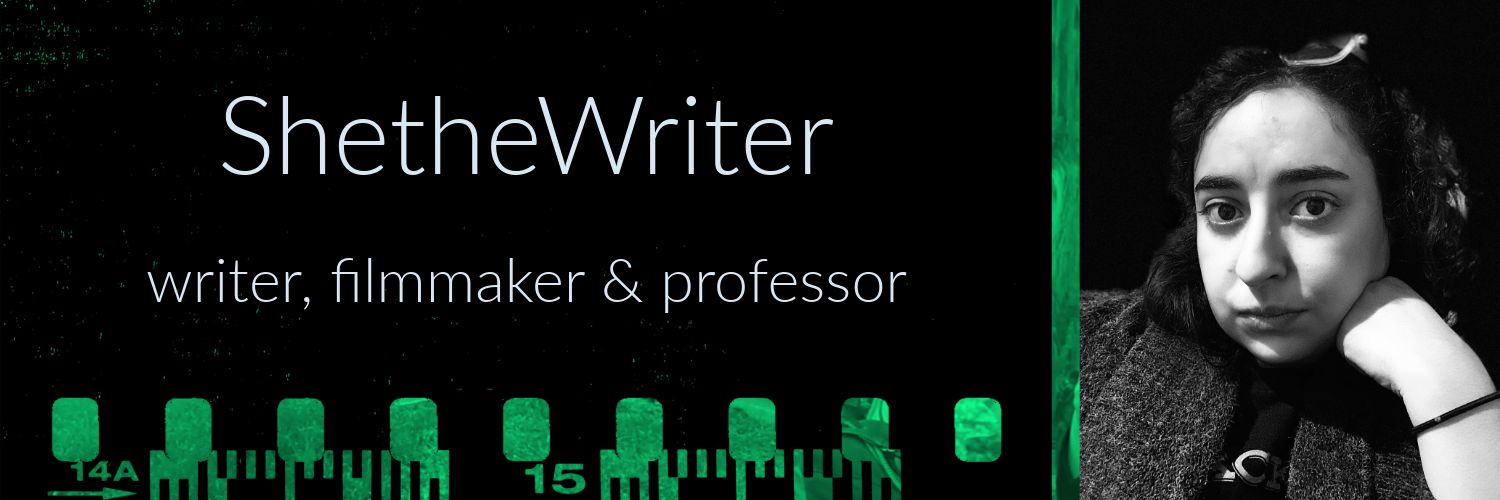"Your brain needs a box to think outside of."
Most of us have expectations for inspiration, even or especially when we don't run into it. It's supposed to look and act a certain way, right? It's supposed to be an instantaneous burst of energy. A eureka moment powered by the subconcious, one that sustains itself at least until the point of actualization.
Maybe you've heard the opposite. Maybe you've heard that there is no such thing.
Well, neither sentiment is accurate. I was listening to the seanwes podcast recently; it discusses inspiration, passion, work ethic and other factors in the lifestyle of emerging creatives, and I felt that I had to add to the discussion.
The fact is that not all creatives are creative all the time; but that isn't an excuse not to work. Some work only when they're inspired, and they assume that a dearth of inspired energy is a sign that they need to "take a break" or "clear their head" or even consider going into a different field. Sometimes, those people happen to be right, and they might need a break. But more often than not they are cheating themselves out of quantifiable results. I prefer a different approach.
Inspiration is not a coin flipped. It's not a turning point. It's moments. You work with it, without it, against it, for it. It may be divine, but it's also chemical and environmental. I've spent over six and half years on Cope Syndrome, and I've spent maybe two of those years feeling inspired. Working only when you are inspired does not produce better work. It just sets you back. The fact is that ideas are not accidental, and they need nurturing. And herein lies my argument:
Thoughts are currency. They can be earned, they can be bought, they can be traded, they can be sold. Every thought is a gift. Watch how you spend it. We think too much in terms of time, as in, one could waste time thinking about something. But it is the thought itself that is being wasted. You may have heard that time is an illusion; that's because it's abstract. We made it up, and in reality, none of us truly know how much time we have left. We'd all love nothing more than for time to be a concrete thing so we could manipulate it, but it's not and we can't. Thoughts, on the other hand, can be manipulated. Some people are more in control of their thoughts than others, and some lose control entirely (i.e. OCD). It's an awful sore waste to be careless about our thoughts.
One of my greatest values is thought, and learning how to think. Give yourself some consideration: are you a spatial thinker? Are you synesthetic? If so, how much? Chances are you are a verbal thinker, if you are a writer. But maybe it's not the words that stimulate you. It could be the sounds themselves. Learning about ways of thinking is at least as worthwhile an investment as that for any skill, including the ones that are central to your craft.
Many of you have ran into my references to a "headspace" before. It's not a new concept, but it seems to have been taboo for most of human history. The program I have for creating a headspace can be summed up as a combined organic/architectural imagined environment that personifies all abstractions that you encounter so that they can interact within the space. I am hoping to have a separate page for it, sometime, so that I can explain it in more detail and actually show people how to use it. That will depend on popular demand. In the meantime, watch how you spend thought; and feel free to clear your head, every once in a while.
I am actually reluctant to share my program for a headspace (despite how much I have invested in it) if there is no interest in it. That's rare for me, and it's hard to determine interest in such a thing. But if you are interested in learning about the "mind palace," as Benedict-Sherlock calls it, do let me know.
